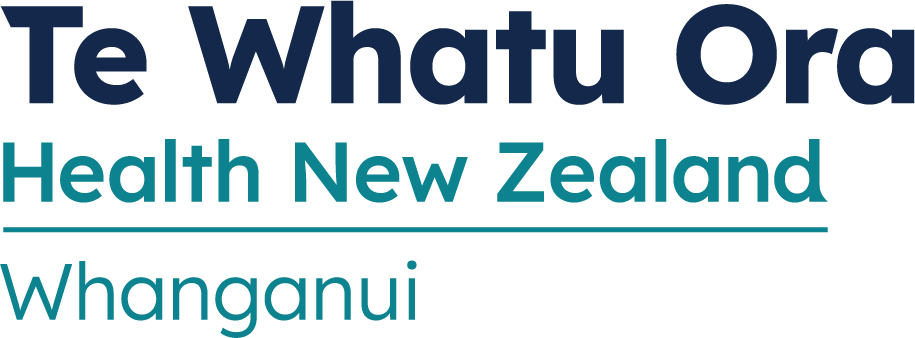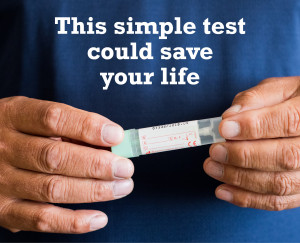
09 March 2020
 Cancer has been detected in two people in the first four months of Whanganui’s bowel screening programme.
Cancer has been detected in two people in the first four months of Whanganui’s bowel screening programme.
The National Bowel Screening programme is being gradually rolled out across New Zealand and was launched in the Whanganui District Health Board region in October.
Figures for the four months to the end of February show 68 positive results from the easy-to-use test kits which are posted to people’s homes.
A positive result means blood has been detected in the stool sample (poo) and that further investigation is needed – it does not necessarily mean cancer is present. Positive results have led to 28 follow-up colonoscopies with cancer found in two patients.
Project lead for the Whanganui programme, Ben McMenamin, said the results illustrated the clear benefits of bowel screening.
“Bowel cancer kills around 1200 Kiwis every year, but screening every two years can save lives by helping find the cancer early when it can often be successfully treated.
“People who are diagnosed with early stage bowel cancer, and who receive treatment early, have a 90 per cent chance of long-term survival.
“So these latest figures show the positive impact the programme is having on our community.”
He also pointed out that a number of patients have polyps removed during the colonoscopies. Polyps are not cancers, but may turn into a cancer over a number of years, and removing them helps prevent cancer developing.
In the four months of the Whanganui programme, 2672 test kits have been sent out, with 1240 returned.
McMenamin noted there had been 75 “spoilt” kits returned, which unfortunately were not able to be tested by the lab.
He said the most common reasons for ‘spoilt’ kits were:
- The correct label had not been attached;
- The consent form had not been filled out correctly;
- The sample had not reached the lab within the required seven days.
People who return a spoilt kit are contacted by the national call centre, so that delivery of another kit can be arranged.
“The call centre team identify the reason that the kit was not able to be accepted, and provide advice to the person to minimise the chance of it happening again”.
The programme is for those aged 60 to 74 years, and Whanganui DHB’s total eligible population is 12,221, covering the Whanganui district, most of Rangitikei and Ruapehu and parts of South Taranaki.
Approximately 6000 people will receive a test kit in the post each year as part of a two-year cycle. Those with an even birthdate (e.g. 2nd, 4th, 6th etc of the month) will receive it in the first year; those with an odd birthdate (e.g. 1st, 3rd, 5th etc of the month) in the second year.
Bowel screening is particularly important for Māori and Pacific people, and Whanganui’s programme includes 1735 Māori and 155 Pacific people.
The simple test is done at home, and detects minute traces of blood in a sample of faeces (poo) which can be an early warning sign for bowel cancer. The sample is posted off and checked.
People who have questions about the bowel screening programme, or how to complete their test kits, can phone the call centre team on 0800 924 432.
“The friendly team can speak a wide range of languages and are happy to provide support to anyone who needs it,” said McMenamin.



